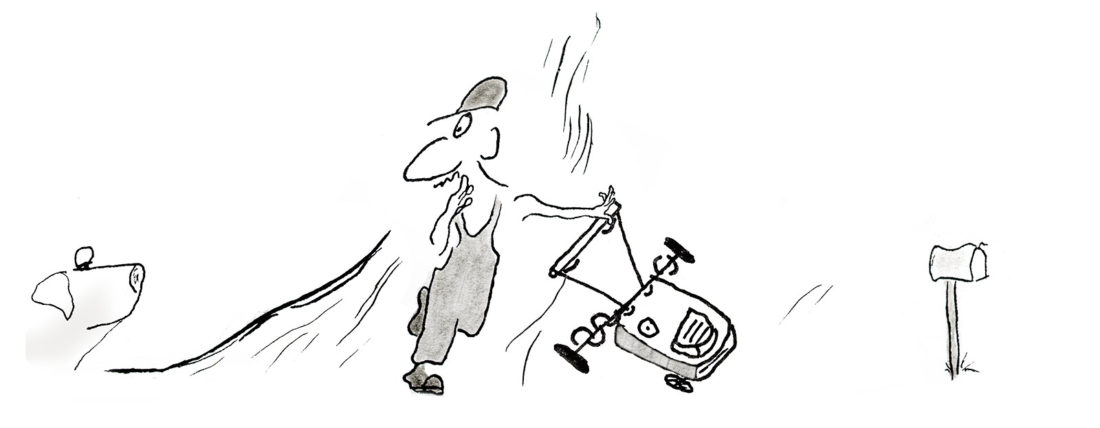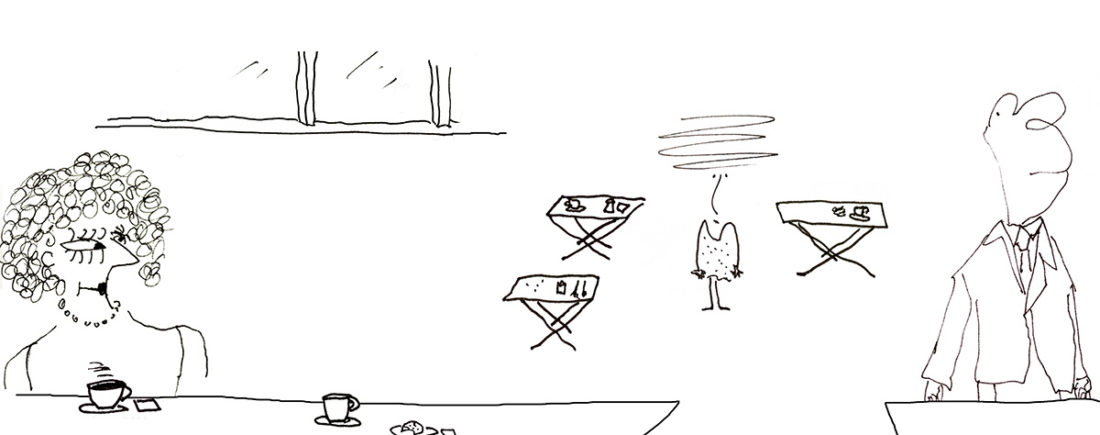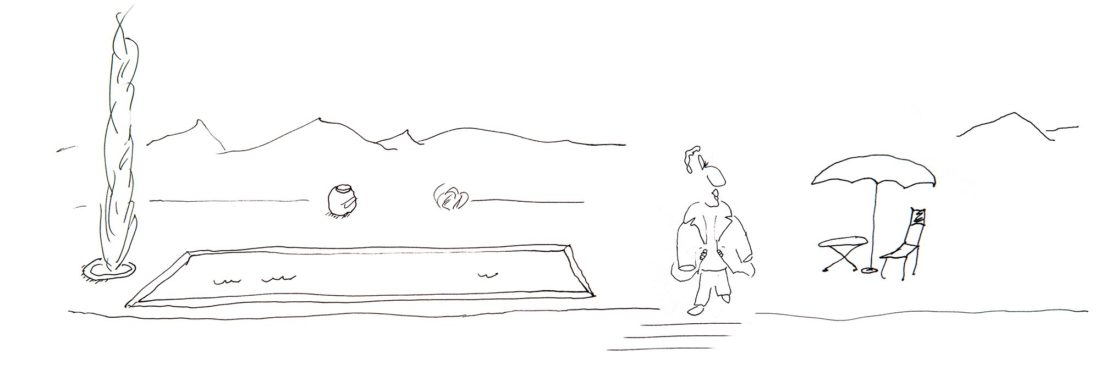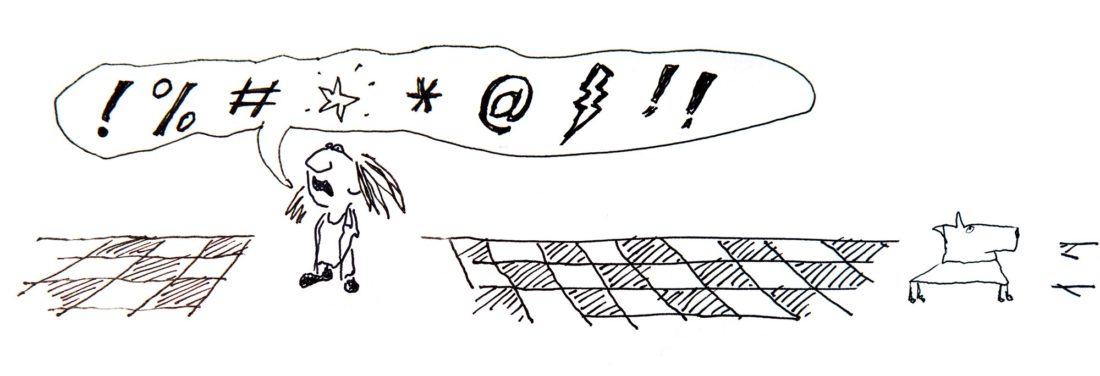November 8, 2018
In
Lingua, Live
By
Donella
I’m delighted to include an article by our daughter, Donella, who will occasionally chime in with a teenager’s perspective.
On a recent train ride from Florence, I sat near a very sweet Italian boy, who was four, and his mother. They had just left their nonna in Florence, and were already very worried about her whereabouts. Well, the mother was. She wanted to use her phone to check in on the nonna. The son, however, also wanted the phone—to play. He grew impatient with his mother’s fretting and started saying “Ma cazzo mamma eh!”, which translates to “But fuck mom, eh!” At first, I was shocked, but she just laughed, and soon I joined in. They’re just words, right?
That is one of the perks of being a child in Italy; almost no words are off-limits. From middle school on, students can happily swear in class and the teacher will, at most, give the child a scolding look, but more likely will swear right back. This particular freedom of speech lends itself to the very Tuscan mentality of confrontation. Upon reflection, that is the very best thing that happened to me in Italian school: I learned to stand up and defend myself and what I believe in.
Almost no words are off limits. Almost. Some of the most colorful taboo words seem innocuous at first. “Dog,” “pig,” and “cow,” for instance, are tame words, until you pair any one of them with any religious figure. “Diocane” (“god-dog”) is a classic, and is strictly forbidden to use in a classroom, and even more so at home.
This type of swearing is called “bestemmiare,” and essentially means any insult to god. When said in anger it is perceived as much more offensive to God than if it is said in a playful manner, or even to accentuate a sentence. Bestemmie are used by all members of society, old and young (my brother described it as “cool” when he was 12), farmer to president. I remember that one of the most amusing headlines in several national papers a few years ago was when a priest tripped in a procession, and said “Diocane!”
You can take anything, literally anything, not considered to be “nice” and pair it with Dio, Madonna, or Gesu’, and ta-da! you have a bestemmia. You can put your chosen noun before or after the name, and you can be as creative as you want, the essence will always still be there. The most common nouns used are “cane” (dog), “porco” (pig), and “puttana” (slut, referring to the Madonna). However, I have heard many variations, one of my favorites being “diociclope”, or “cyclopsgod”.
People have fun with it, and many people adopt it into almost every sentence, for emphasis, my driving teacher being one of them. It’s a sign of how deeply I’ve internalized Italian culture that, even though I am not religious, whenever I hear a bestemmia uttered in anger, my breath catches in my throat.










